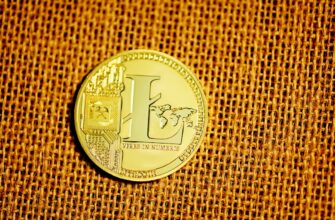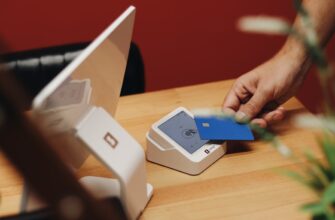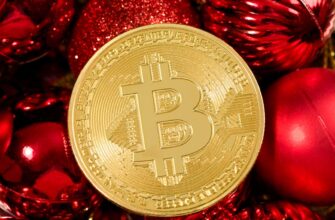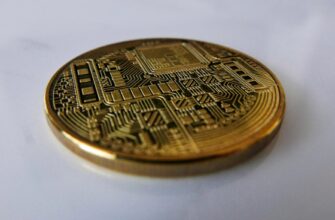Bitcoin adoption is growing rapidly in Liberia, driven by its potential for cross-border remittances, protection against inflation, and financial inclusion. Choosing the right Bitcoin wallet is critical for security and ease of use. This guide explores the top Bitcoin wallets for Liberian users, focusing on accessibility, fees, and local compatibility.
### Key Criteria for Choosing a Bitcoin Wallet in Liberia
Before selecting a wallet, consider these factors:
1. **Security**: Look for two-factor authentication (2FA), multi-signature support, and offline storage.
2. **Ease of Use**: Prioritize intuitive interfaces, especially for beginners.
3. **Low Fees**: Wallets with adjustable transaction fees help save costs.
4. **Local Currency Support**: Some wallets allow buying Bitcoin with Liberian dollars (LRD) via P2P platforms.
5. **Device Compatibility**: Mobile-first wallets are ideal for limited desktop access.
### Top 6 Bitcoin Wallets for Liberian Users
#### 1. Trust Wallet
– **Overview**: A mobile-based wallet supporting Bitcoin and 4M+ other cryptocurrencies.
– **Pros**: Integrated DApp browser, user-friendly, free to use.
– **Cons**: No desktop version; lacks advanced trading tools.
– **Best For**: Beginners and DeFi enthusiasts.
#### 2. Exodus Wallet
– **Overview**: A desktop/mobile wallet with a built-in exchange.
– **Pros**: Staking rewards; 24/7 customer support.
– **Cons**: Higher fees for small transactions.
– **Best For**: Users seeking a multi-asset portfolio.
#### 3. Ledger Nano X
– **Overview**: A hardware wallet offering cold storage for maximum security.
– **Pros**: Bluetooth connectivity; supports 1,800+ coins.
– **Cons**: Costs $149; requires separate device.
– **Best For**: Long-term investors holding large amounts.
#### 4. Blockchain.com Wallet
– **Overview**: A web-based wallet with a strong track record since 2011.
– **Pros**: Free LRD-to-BTC conversions via partners; non-custodial.
– **Cons**: Limited customer support.
– **Best For**: Quick transactions and P2P trading.
#### 5. Coinbase Wallet
– **Overview**: A self-custody wallet linked to the Coinbase exchange.
– **Pros**: Easy NFT integration; free USD/LRD conversions.
– **Cons**: Requires KYC for fiat purchases.
– **Best For**: Regular traders and NFT collectors.
#### 6. Trezor Model T
– **Overview**: Another secure hardware wallet with touchscreen functionality.
– **Pros**: Open-source software; supports Shamir Backup.
– **Cons**: Expensive ($219); no mobile app.
– **Best For**: Tech-savvy users prioritizing privacy.
### Frequently Asked Questions (FAQ)
**Q: Is Bitcoin legal in Liberia?**
A: Yes. Bitcoin is unregulated but not illegal. Users should monitor local laws for updates.
**Q: How can I buy Bitcoin in Liberia?**
A: Use P2P platforms like Paxful or LocalBitcoins to trade LRD for BTC. Some wallets (e.g., Blockchain.com) partner with local payment providers.
**Q: Are hardware wallets safe for Liberian users?**
A: Yes. Ledger and Trezor offer offline storage, protecting against online hacks common in areas with unstable internet.
**Q: Can I use international wallets like Coinbase in Liberia?**
A: Yes, but features like fiat deposits may require a VPN or international bank account.
**Q: What’s the cheapest wallet for small transactions?**
A: Trust Wallet or Exodus, which let users adjust network fees during low-traffic periods.
### Conclusion
For most Liberians, **Trust Wallet** and **Blockchain.com** strike the best balance between security and accessibility. Large-scale investors should opt for **Ledger Nano X** or **Trezor Model T**. Always back up your wallet’s recovery phrase and enable 2FA to safeguard your assets.








